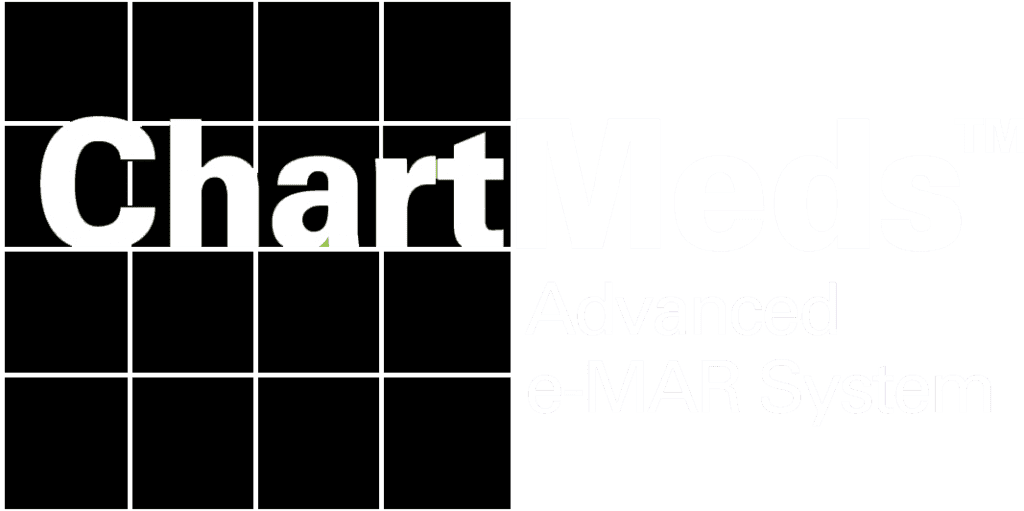Mental health care is a vital service in our society, but in the context of healthcare technology, the profession can often be overlooked. Like any other organization, a mental health or behavioral health practice can benefit from high-performing software that helps practitioners streamline their operations, better manage their data, and engage their patients.
Behavioral health electronic health records (EHRs) have emerged as a game-changer in this field, revolutionizing the way mental health care providers manage patient data and deliver services. If you have not yet added an EHR to your own technology suite, keep reading to learn more about how one can benefit your business.
Benefits of Behavioral Health EHRs for Mental Health Facilities
One of the most notable advantages of implementing a specialized EHR in a mental health care facility is the improved efficiency in record-keeping and data management. Clinical documentation becomes streamlined, reducing the time spent on paperwork and eliminating the duplication of efforts. Administrative tasks, such as billing and scheduling, can be simplified and integrated into the system, allowing staff to focus on more important duties, such as spending time with clients.
Another significant benefit is the enhancement of communication and collaboration among providers. With a behavioral health EHR in place, information can be easily shared among professionals, facilitating interdisciplinary teamwork and ensuring that all parties have access to the most up-to-date patient data. This, in turn, enables more effective coordination of care with external specialists and other providers.
Ultimately, the adoption of a behavioral health EHR can lead to better quality of care and improved patient outcomes. The system allows providers to track patient progress over time, identify trends, and flag potential issues early on. Moreover, it supports evidence-based practices and informed decision-making, ensuring that clients receive the most effective treatments possible.
Key Features of Behavioral Health EHRs
An essential aspect of a behavioral health EHR is its customization to meet the specific needs of mental health care providers. These systems typically offer tailored documentation templates, specialized treatment planning tools, and integrated mental health assessments and scales. This customization allows providers to efficiently manage patient data and track progress, making the system indispensable in a mental health care setting.
Another crucial feature of behavioral health EHRs is their interoperability and integration capabilities. These systems can link with other EHRs, connect with external health information exchanges, and seamlessly integrate with billing, scheduling, and other software solutions. This interoperability enables providers to access comprehensive patient information and deliver well-coordinated care.
Lastly, robust security and privacy measures are vital in any EHR system, and behavioral health EHRs are no exception.
A well-designed EHR should contain HIPAA-compliant security measures to protect your clients’ data and ensure that only authorized parties can access the information as part of an individual’s treatment. With these measures in place, you can share files with confidence that you are doing so in line with regulatory requirements and industry best practices.
How to Select a Behavioral Health EHR for Your Facility
When selecting a behavioral health EHR for your facility, it’s essential first to identify your organization’s unique current and future needs and goals. Consider factors such as the size of your facility, the types of services you provide, and any specific challenges you face in managing patient data.
Next, evaluate different EHR vendors and solutions, comparing their features, capabilities, user-friendliness, and training requirements. It’s also important to consider the costs associated with implementation, ongoing support, and any necessary updates.
To ensure a successful EHR implementation, engage staff and stakeholders from the beginning, develop a clear plan, and provide adequate training and resources. Encouraging staff involvement and addressing any concerns they may have can help ensure a smooth transition and increase the likelihood of successful adoption.
When comparing EHR vendors, consider the following:
- Request demos and trials: This allows you to experience the system firsthand, assess its usability, and determine if it meets your facility’s needs.
- Check references and reviews: Speak with other mental health care providers who have implemented the EHR you’re considering. Their feedback can provide valuable insights into the system’s performance, reliability, and vendor support.
- Evaluate customer support and training: Assess the quality of the vendor’s customer support and training resources. Prompt, knowledgeable support and comprehensive training materials are essential for successful implementation and ongoing use.
- Scalability and adaptability: Determine if the EHR system can grow with your organization and adapt to changes in size, scope, and services offered. The system should be flexible enough to accommodate future developments and requirements.
- Integration capabilities: Ensure the EHR can seamlessly integrate with your existing software and tools, such as practice management systems, billing software, and lab systems. This will help streamline your operations and minimize disruptions.
- Customizability: Assess the extent to which the EHR can be tailored to meet your facility’s specific needs, including custom forms, templates, and workflows. A customizable EHR can increase efficiency and improve the user experience for your staff. The system should accommodate your workflows, not require you to adapt to its native workflows.
- Data migration assistance: Consider the vendor’s ability to assist with transferring data from your current system to the new EHR. Smooth data migration is essential for maintaining the integrity of patient records and minimizing disruptions to your operations.
- Regulatory compliance and updates: Ensure the EHR system meets all relevant regulatory requirements, such as HIPAA, and that the vendor regularly updates the system to stay compliant with any changes in regulations.
- Analytics and reporting capabilities: Evaluate the EHR’s built-in analytics and reporting tools, which can help you gauge performance, track trends, and make data-driven decisions for your business.
- Years in the industry and company reputation: Investigate the vendor’s years of experience and reputation in the industry. A well-established, financially sound company is more likely to provide reliable, long-term support and service.
Get a Behavioral Health EHR for Your Practice
At Integrative, we specialize in outfitting mental health organizations with a dynamic and feature-rich behavioral health EHR system that can handle current and future processes to help you deliver better services to your clients while saving you time on recurring administrative tasks; all in a completely secure and HIPAA-compliant environment.
To learn more about upgrading your operations with Integrative, connect with us today.









